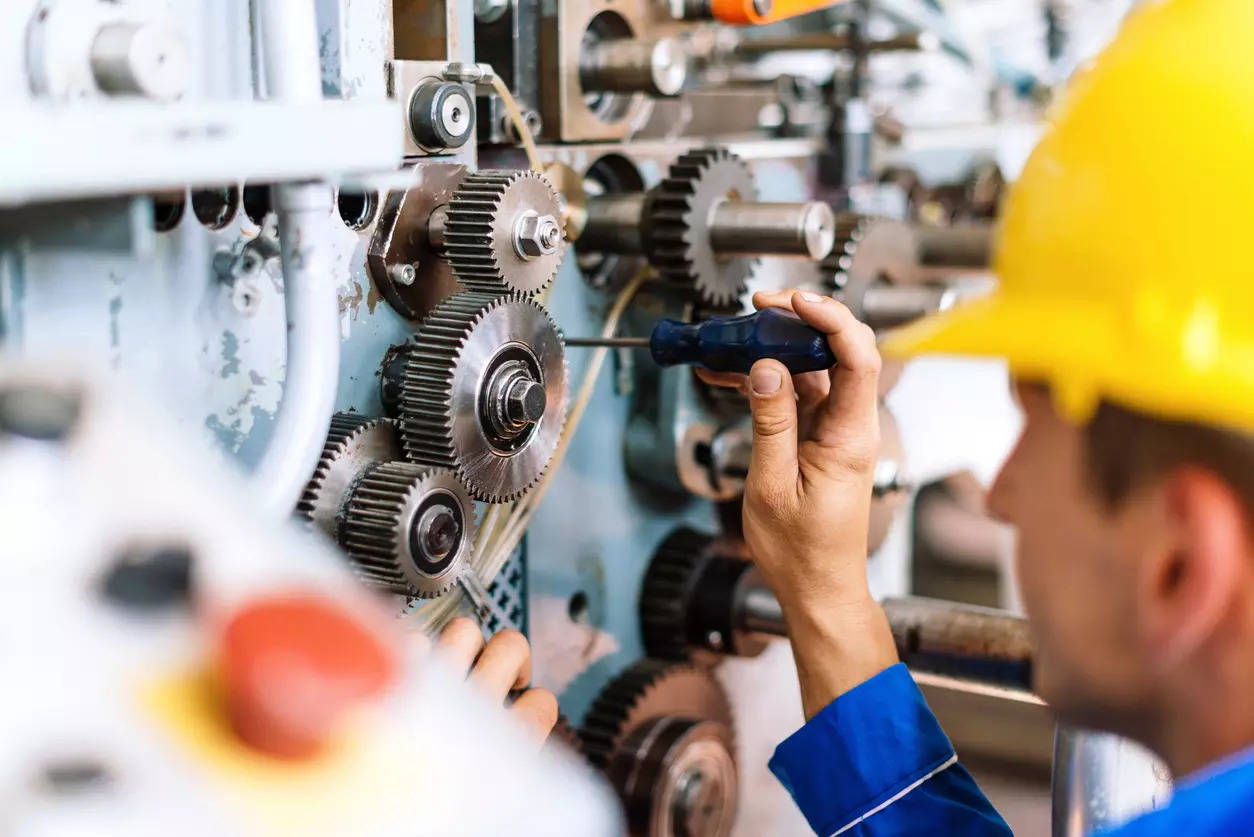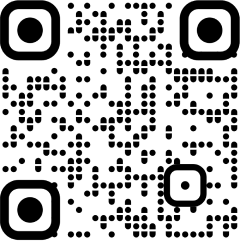
Ravi Kumar (19), fresh out of school had been a car fanatic from childhood. While his parents wanted him to opt for Medicine, he was clear he wanted to become a Mechanical engineer.
However, over the past years, Kumar says his single minded focus towards Mechanical Engineering (ME) is in two minds as everyone is recommending him to opt for Software or Electronics Engineering, owing to the rising interest for connected, electric and software driven vehicles in the country.
Even though Kumar’s well wishers may be on point regarding a few aspects of the automotive industry, the fact that Mechanical Engineering as a degree is losing its sheen may not be entirely true.
CV Raman, Chief Technology Officer, Maruti Suzuki, said that as the times are evolving, the role of mechanical engineers may transition but the basic requirement is going to stay the same for the times to come.
“Irrespective of the kind of vehicle, we are going to make machines and have mechanical parts along with electronic, and electrical parts. In automotive, mechanical engineering is also required in other areas including power plants, machine tools etc. So, the roles will evolve as the mechanical engineers may have to work with electronics and electrical engineers. That kind of change is expected to happen by the next 10-15 years,” he said.
According to Manu Saale, Managing Director & CEO, Mercedes Benz Research and Development India (MBRDI), “The role of mechanical engineers is going to be exciting because the entire theme of sustainability will be driven by them. They will propose materials, production, putting things together, and integration in a totally different way in a CO2 neutral world.”
Prof. D S. Nagesh at the Dept of Mechanical Engineering in Delhi Technological University (DTU) shares how a mechanical engineering graduate can always switch to another field but the other way is not usually feasible.
Around 1982-84, Undergraduate (UG) programmes in Computer Science Engineering (CSE) started in some institutions in the country. Other than garnering interest, these became more preferred branches for the kind of job markets and high salary packages it was offering. Later Software Engineering (SE) came out of CSE. So, both are more preferred disciplines of Engineering by more than 80-90% of the candidates who are seeking admissions in these courses.
At the same time other branches are also having their own demand. ME intake for UG programmes has increased from 60-70 to around 300 at present. This is apart from Automobile, Production Engineering UG programme intake. So there is always a decent level of demand that exists forever in Mechanical and allied branches, not only at DTU but everywhere in the world, he said.
Talking on similar lines, Ravi Damodaran, industry veteran and ex-CTO of Greaves Cotton said a good mechanical engineer should know not only the mechanical parts, but electrical and electronics as well. They need to evolve the skills to become system engineers to integrate other sub-components. “Software has evolved out of electronics, which in turn has been driven out of electricals. But the design of a car or its sub-systems cannot be done by a software or electronics engineer, it has to be done by a mechanical guy.”
Niche segments to evolve
“Everything is now going to be software-driven, it will be needed to knit things together. Mechanical components are going to be run electromechanically. Software is going to be a controller which will run other systems. So software, electronics and mechanical will have to work together. Mechatronics is likely to happen,” said CV Raman.
With EVs, batteries, alternative fuel options, energy is also evolving as a requirement in mobility and infrastructure. So more courses may come up on the academic level.
Industry experts believe that specializations will keep evolving, but the base will stay the same. Current roles will not change, but newer roles will emerge. For basic software applicability, someone from an IT background may also have a similar expertise. So we may not necessarily need an engineer for that, but the basic application engineering will be required. On the other hand, data analysts and data scientists may not really be engineers today, but they may need to have a dual degree in mathematics and engineering. Earlier, audio systems were taken care of by audio companies. Now, an audio engineer is required with its expertise.
However, automobiles are comprised of over 80-90% components and parts which are mechanical systems and to run them through softwares also needs a clear understanding of Mechanical and Automobile Engineering. Prof Nagesh believes that a Mechanical Engineer or an Automobile Engineer with some exposure to SE can definitely take care of the emerging technologies in the industry including Electric Vehicles (EVs), Digital Controlled Automobile System, Intelligent system based automobile components.
“Whichever new areas of engineering emerges with their wide application in any specific areas, it will have something in the form of a product, equipment or a hardware system, which needs design and manufacturing to bring it to the market,” he said.
Need for a change in curriculum?
According to Damodaran, the Indian manufacturing units need to create a position called Industrial Engineer because at majority of the factories, these jobs are done by manufacturing engineers. “An industrial engineer is needed to run a factory efficiently and keep the structural and manufacturing cost low. They are responsible for managing the factory designs with high space utilization, material flow, low movements etc. With automation coming in, they will be required for line optimization to optimize cost and efficiency with robots.”
“As the world is moving towards sustainability, I hope that the academia is preparing the upcoming engineers for an evolving, carbon-free world and showing them that these are the challenges. Mechanical engineers will contribute 100% towards material science and manufacturing. But since we are going to manufacture very differently, we need to look at materials very differently,” Saale said.
Most manufacturing units are now automated. Prof Nagesh points out the students have decent level exposure to the technology in manufacturing including CAD, CAM, mechatronics, CIM, FMS, and industrial robotics. “Students also have the option to opt for interdisciplinary courses like Machine Vision, Intelligent Systems (AI tools like Artificial neural Networks, Machine learning, Deep Learning), IoT etc which has really helped,” he noted.
CV Raman said the basics of ME will stay, but they will start branching out into sub-categories and evolve into more specialized domains.
“When we were in college, we were taught carburetors, years later students were taught about fuel injection systems and more. So that is the kind of change we are seeing in the curriculum. As the applications are changing, so is the curriculum. Sub-categories of mechanical are becoming a category itself. It was happening at M.Tech level, it will now go down to B.Tech level. The challenge is for the curriculum to evolve at the same pace as the industry,” he said.
He added that the auto companies also need to learn the expertise to integrate people of various domains to make it work. “If we don’t do it, we will need to hire a huge number of people for every domain.”

















